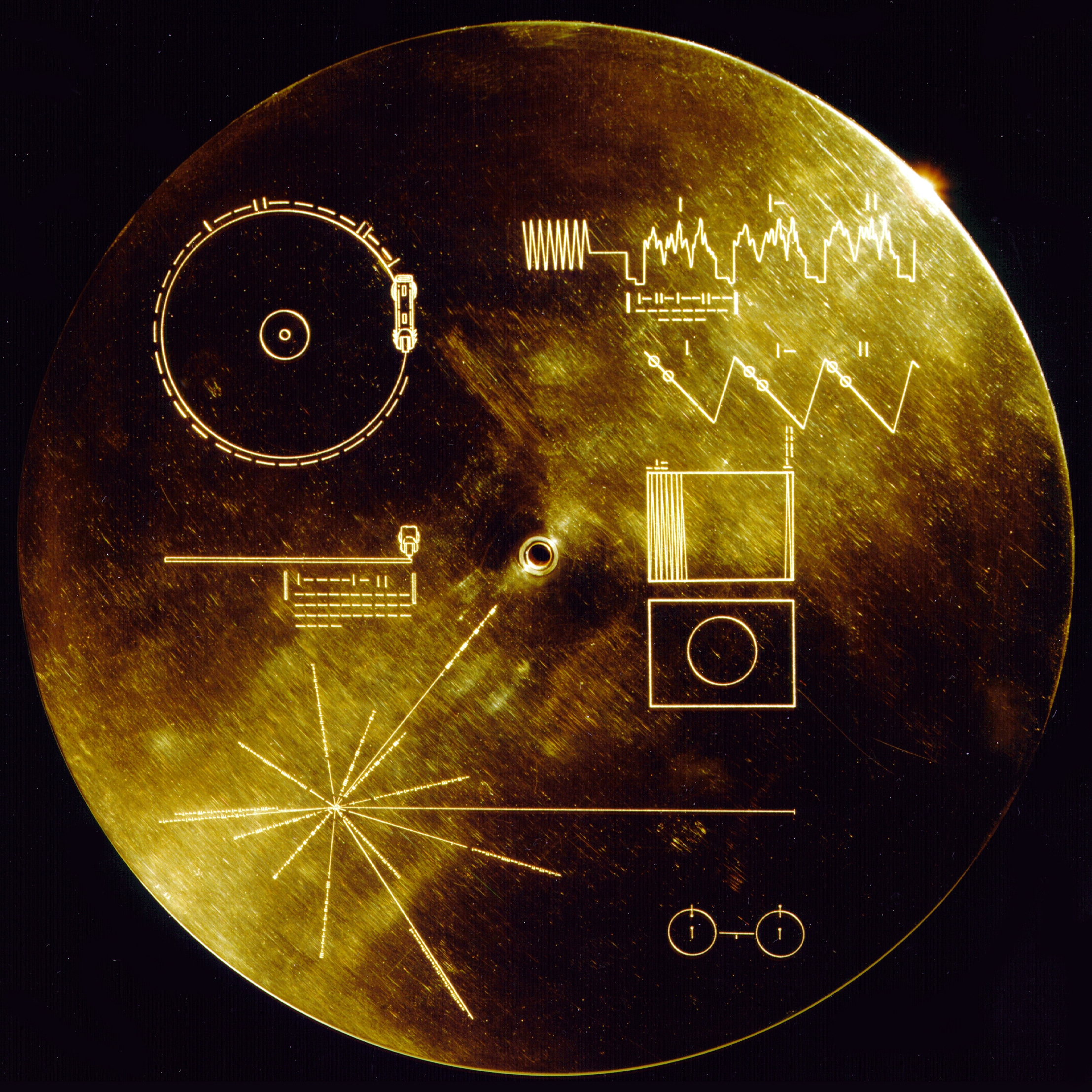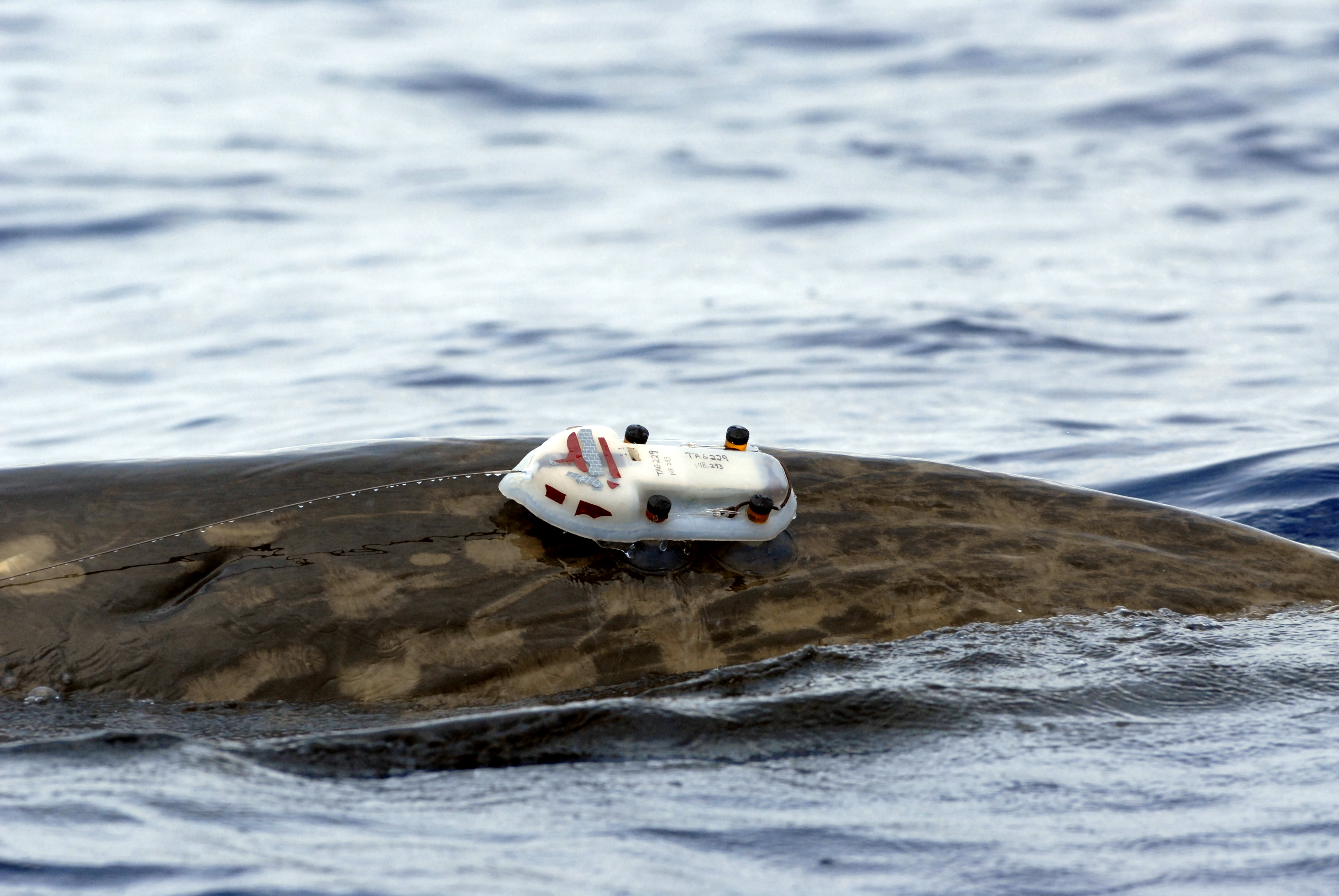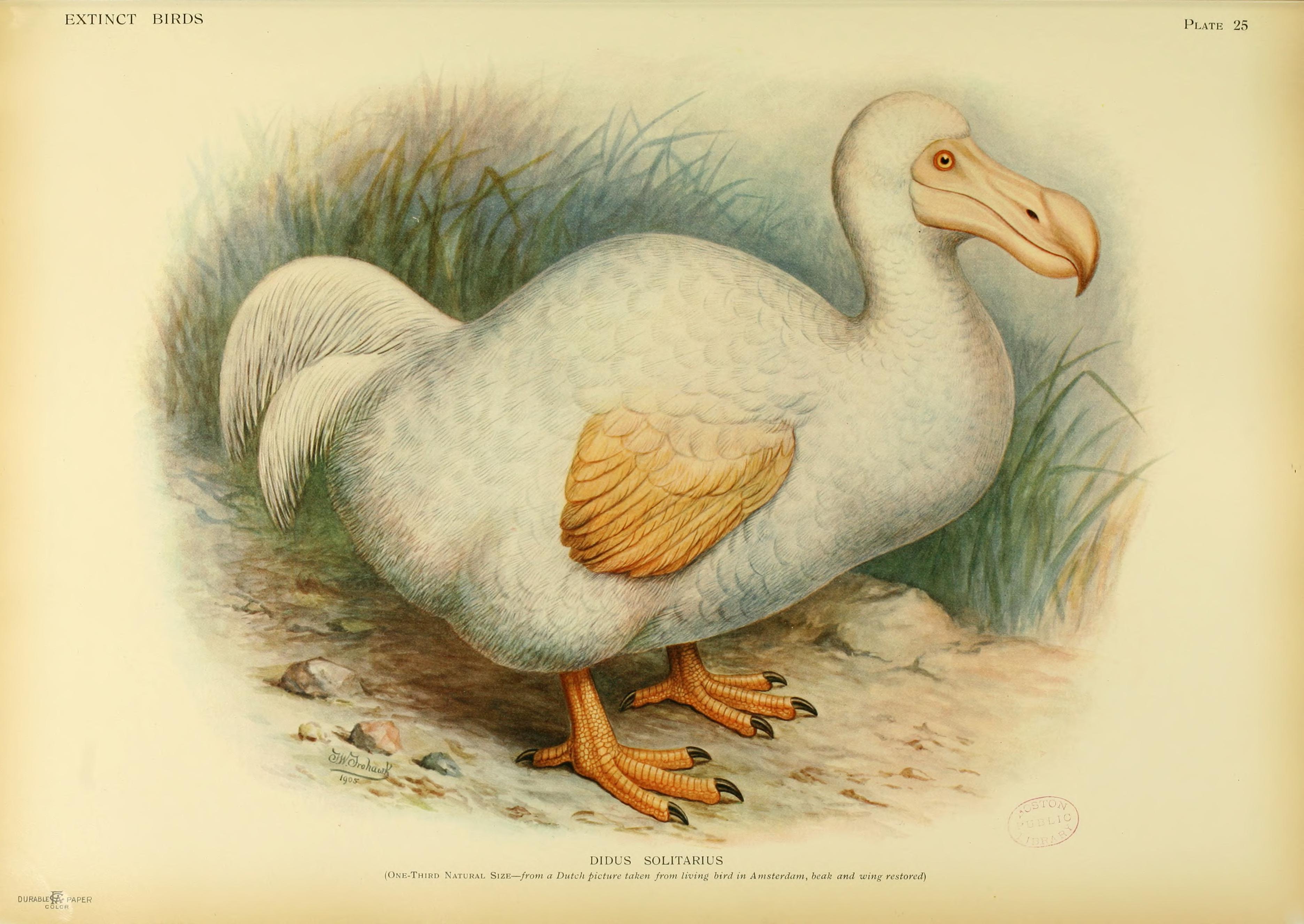SOUND ECOLOGIES
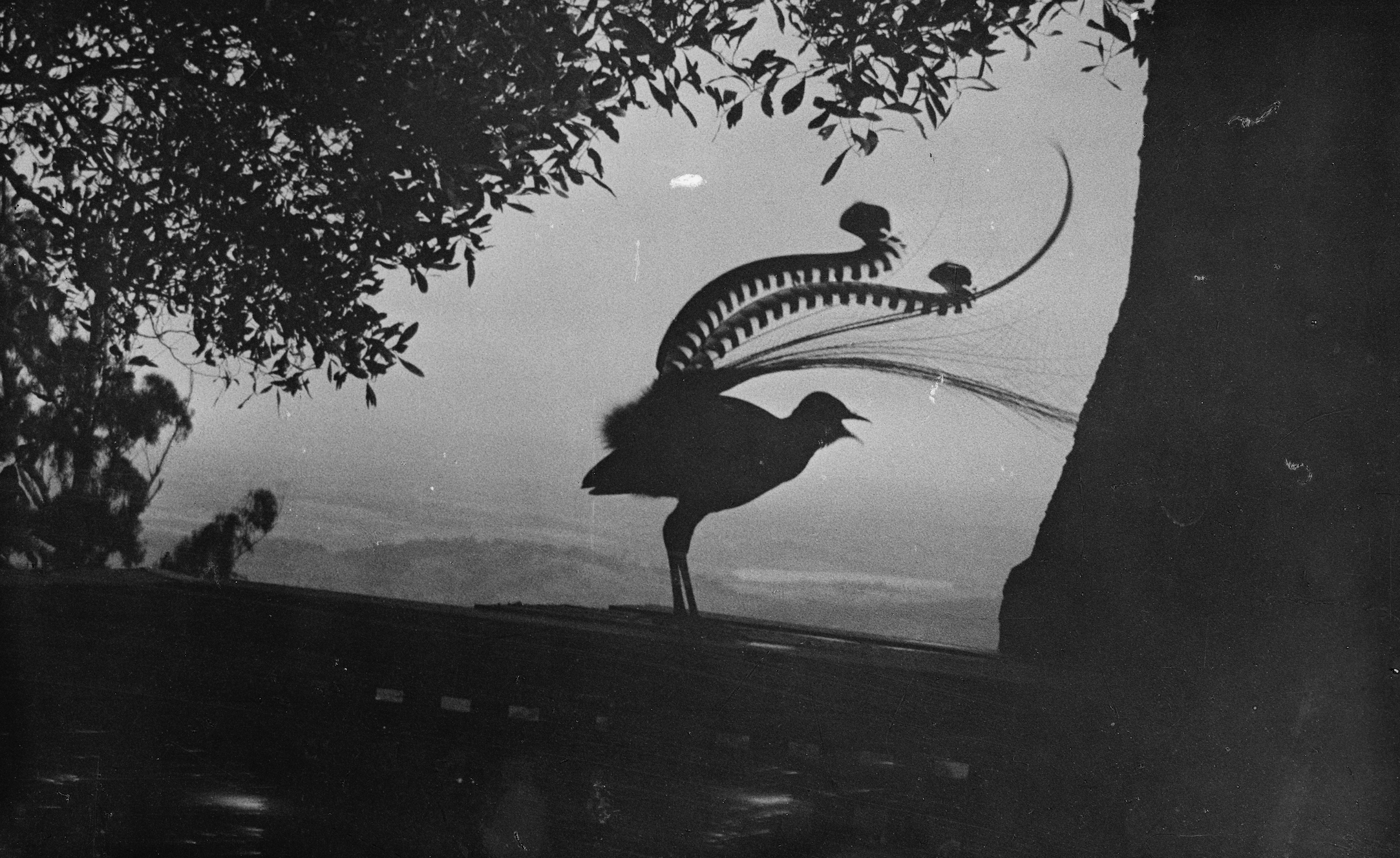
GENERAL INFO
- LED BY
-
Yuri Tuma
- DATES
-
Mondays, from September 22nd to October 13th, 2025
- TIME
-
6:00 – 8:00 PM (CEST)
- FORMAT
-
4 online sessions via Zoom
- LANGUAGE
-
English
- FULL TUITION
-
€ 250
- DISCOUNT
-
20% for students & IPS alumni
ABOUT
Sound ecology is the entanglement between the multiscalar and cosmic possibilities of exploring the noises, songs, voices, cracks, echoes, silences, and the crashes of our planet and immense Universe. Sound does not only happen outside our ears but also deep within our internal and biological human experience.
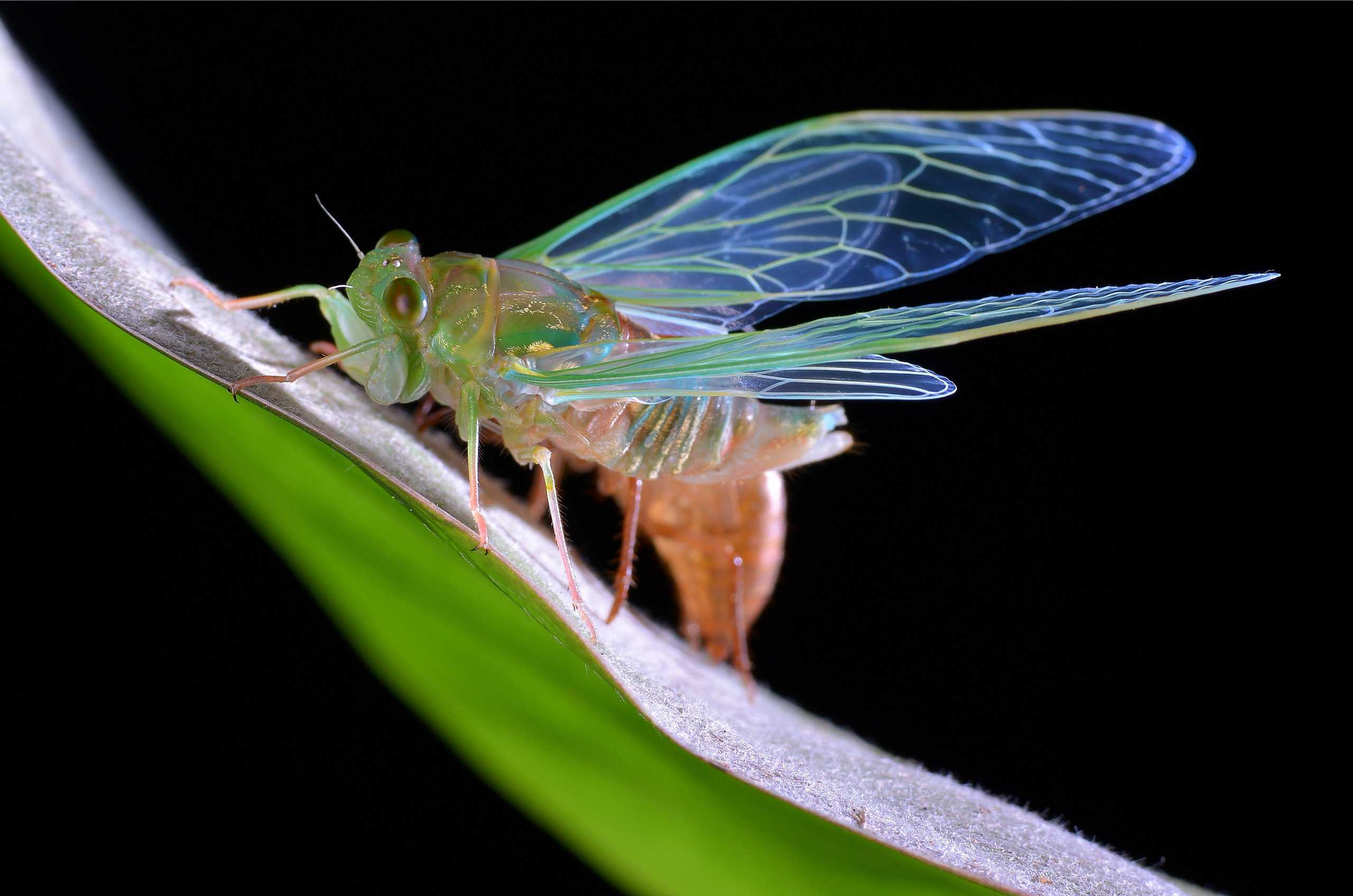
Cicadas have loud buzzing songs that are produced by special organs called “tymbals,” located on the first segment of the abdomen.
SOUND ECOLOGIES
Earth's symphony extends far beyond the ozone layer, weaving its way into the very fabric of life and the cosmos. From the tiniest microorganisms to the vast expanse of matter, we are constantly transformed, both mentally and physically, by the sonic and cultural vibrations of our urban and natural environments. Yet, these intricate entanglements often go unnoticed by a culture fixated on the visual, failing to recognize listening as a powerful tool for self and collective care. By Giving attention to the sounds around us, we can unlock exciting possibilities for forging new systems of kinship and interconnectedness.
What happens when we try to understand the planetary siblinghood between all sentience through the way we listen and communicate to the diversity of what is the “other”? By delving into the exploration of multiple fields of research like sonic technology, listening methodologies, queer theory, colonialism, field recording, and interspecies communication we will collectively shift our perspective towards the Phonocene, a vision of the future that proposes sound and active listening in the center of an era, a new era of expansive care, that resists capitalism’s hunger for growth, a slower era that promotes radical ecological change.
Through theory, artistic practices, active listening sessions, and meditation we will collectively engage in critical dialogues that will expand our notion of a postnatural ecology in an anthropo-oculocentric society.
SESSIONS
Session I – The Impossibility of Silence: Aural Futures of the Phonocene
22/09/2025
Soundscape is better defined as the raw composition of sounds that fills an environment, while the phonocene is a proposition to inhabit and generate kinships with the sonic at the center. What changes can be manifested when we understand the entanglements between the exterior acoustic environment and the frequencies of our emotions, memories, and dreams? What do you feel when you think of the sound of a bird that has gone extinct?
Session II – Interspecies Communication and Technologies of Misunderstanding
29 /09/2025
To truly engage in interspecies communication, we must first dismantle the human/animal binary as best we can. An anthropocentric approach to interspecies communication inherently creates questionable hierarchies. Field recordings and artificial intelligence, for example, can help us reflect on the differences between sonic extraction, unpaid labour, right to privacy and new means of scientific care.
Session III – Rainbow Interference / Sonic Gendering and Queer Dissonant Revolutions
6/10/2025
Think of all the sounds that have been applied to construct gender norms and oppress dissident identities. Sonic gendering questions the implications sound has on culture, economy, technology, and politics. Within an oculocentric society that privileges sight over sound, the act of attentive listening itself becomes a queer form of resistance, challenging gender-normative visual and acoustic power dynamics.
Session IV – Dedicated Mishearing: Listening as a Form of Resistance
13/10/2025
In this session, we will focus on active listening as a practice for radical ecological care. We will collectively explore different methodologies and histories that will affirm the difference between hearing as a passive attribute to some humans and listening as an expanded act of intent that requires slowing down and mutual respect.
BIBLIOGRAPHY
-
01.
Despret, Vinciane. Living as a Bird. Cambridge: Polity Press, 2016.
-
02.
Schafer, R. Murray. The Soundscape: Our Sonic Environment and the Tuning of the World. Rochester, VT: Destiny Books, 1994.
-
03.
Gumbs, Alexis Pauline. Undrowned: Black Feminist Lessons from Marine Mammals. Emergent Strategy Series, Vol. 2. Chico, CA: AK Press, 2020.
-
04.
Haskell, David George. Sounds Wild and Broken: Sonic Marvels, Evolution’s Creativity, and the Crisis of Sensory Extinction. New York: Viking, 2022.
-
05.
Oliveros, Pauline. Deep Listening: A Composer’s Sound Practice. New York: iUniverse, 2005.
-
06.
Carlyle, Angus, and Cathy Lane, eds. On Listening. Devon: Uniformbooks, 2013.
-
07.
Eckhardt, Julia, ed. Grounds for Possible Music: On Gender, Voice, Language, and Identity. Berlin: Errant Bodies Press, 2016.
-
08.
Mustill, Tom. How to Speak Whale: A Voyage into the Future of Animal Communication. London: William Collins, 2022.
FACULTY
-
YURI TUMA

Yuri Tuma (1983, Brazil) is a multidisciplinary artist based in Madrid whose work explores sonic and queer ecologies through collective practices, sound art, installation, and performance. His practice challenges the human/animal divide imposed by science and Western thought, using sound and collaboration to imagine more interconnected futures. In 2020, he co-founded the Institute for Postnatural Studies (IPS), a center for artistic experimentation from which to explore and problematize postnature as a framework for contemporary creation. At IPS, he practices as its Academic and Artistic Co-Director and co-coordinates its publishing platform, Cthulhu Books, which highlights the political and imaginative power of artistic and academic inquiry to envision alternative relationships between humans, non-humans, and the planet.
